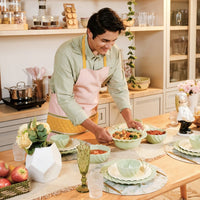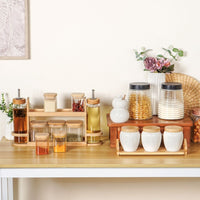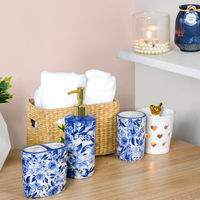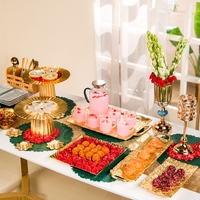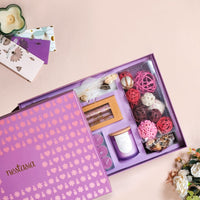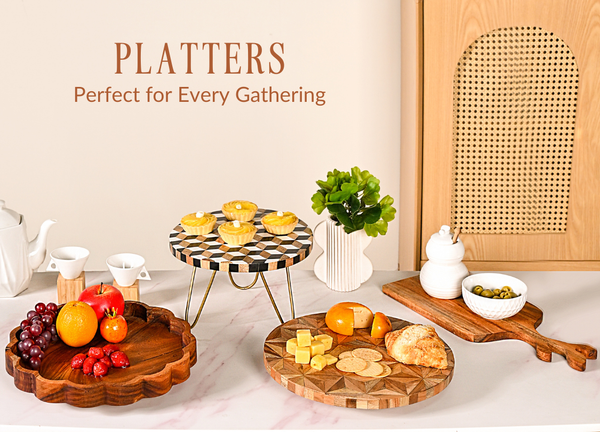Introduction
Diwali, aka the Festival of Lights, isn’t just about lighting up your home—it’s about lighting up your life with joy, laughter, and a whole lot of tradition! Whether you’re decking out your space with vibrant decor, feasting on a spread fit for royalty, or diving into rituals that bring in all the good vibes, Diwali is more than a celebration—it’s a vibe!
What makes Diwali so special? Well, it’s a mix of ancient traditions, family moments, and that magical feeling that only this festival brings. From sending out prosperity signals with every diya to strengthening bonds over sweets and laughter, Diwali is where heritage meets happiness in the most fun way possible.
Ready to dive deeper into why Diwali is everyone’s favorite? Let’s break down the customs, rituals, and everything in between that makes this festival one-of-a-kind!

Significance of Diwali
Diwali is celebrated across India and many parts of the world, but its essence remains universal: the triumph of good over evil, light over darkness, and knowledge over ignorance. The festival commemorates the return of Lord Rama to Ayodhya after defeating Ravana, a significant moment in the Hindu epic Ramayana. It also marks the worship of Goddess Lakshmi, the deity of wealth, who is believed to bless homes with prosperity during this time.
When asked when Diwali is celebrated, the answer varies by the lunar calendar, but it typically falls in October or November. This year, Diwali will be celebrated on the 1st of November, lighting up homes and hearts once again.
Beyond its religious roots, Diwali has evolved into a festival that unites communities through vibrant Diwali rituals and social gatherings. It’s a time when families come together, often returning to their ancestral homes to partake in the traditions that make this festival so unique.
Diwali Traditions and Customs
The beauty of Diwali lies in its diversity. From elaborate house cleaning to intricate Rangoli designs, each tradition in Diwali has its unique charm. These customs are often passed down through generations, creating a meaningful connection between the past and the present.
Diwali Cleaning
The ritual of cleaning the home before Diwali is not just about tidying up; it’s a symbolic gesture of clearing away negativity and making space for positive energy. In many households, this involves deep cleaning every nook and cranny, ensuring the home is pristine for the arrival of Goddess Lakshmi. It’s believed that she will only enter homes that are clean and well-organized.
Diwali cleaning is often a family affair, with everyone pitching in to help. From dusting furniture to cleaning cupboards, it’s a tradition that teaches the value of teamwork. And of course, once the house is spotless, it’s time for the fun part: decorating!
Diwali Decoration
Decorating the home is one of the most enjoyable Diwali customs and traditions. Homes are transformed with diyas, fairy lights, and colorful flowers. But perhaps the most iconic decoration is the Diwali Rangoli design. Creating a beautiful Rangoli design for Diwali at the entrance of the home is not just for aesthetics—it’s a welcoming gesture for guests and deities alike.

Whether you prefer traditional design of Rangoli for Diwali or something more modern, this art form adds a personal touch to your Diwali decor. It’s also a fun activity that brings families together, as everyone contributes to the design in some way. For those looking for something simple, there are plenty of simple Rangoli designs for Diwali that are easy to make but still look stunning.
Other popular decorations include garlands of marigold flowers, torans (door hangings), and the strategic placement of diyas (oil lamps) around the house to illuminate every corner.
Also Check: Diwali Decor For 2024
Diwali Pooja
A significant part of Diwali rituals is the Lakshmi Pooja, where families pray for wealth and prosperity. This ritual involves offering sweets, flowers, and fruits to Goddess Lakshmi, along with lighting diyas to honor her presence in the home. The pooja is typically performed in the evening, after the home has been cleaned and decorated.
In some homes, the pooja also includes worshipping Lord Ganesha, the remover of obstacles, ensuring that the new year (as Diwali marks the beginning of the Hindu financial year) starts on a positive and prosperous note. The sound of mantras and the lighting of incense create a spiritual atmosphere that fosters peace and reflection.
Looking for: Products for pooja and devotion?
Diwali Traditional Foods
No Diwali celebration is complete without indulging in festive foods! Diwali is a time to feast, and every region in India has its own set of traditional dishes that are prepared during this time. The spread typically includes an array of sweets, savory snacks, and full-course meals that are rich in flavor and variety.
- Sweets: Mithai such as laddoos, barfis, jalebis, and gulab jamuns are synonymous with Diwali. These treats are often prepared at home, shared with neighbors, and given as gifts to family and friends. Preparing and sharing Diwali food is a beautiful tradition that embodies the spirit of giving.
- Savory Snacks: Dishes like samosas, kachoris, and chakli are popular savory items that are served during the festivities. These snacks are often enjoyed while exchanging gifts or watching fireworks, making them an integral part of Diwali traditions.
- Main Course: For the main meal, dishes like paneer curries, pulao, and stuffed parathas often make an appearance on Diwali menus. In many households, festive meals are prepared with extra care, incorporating rich ingredients like ghee, saffron, and dry fruits.
Each dish prepared during Diwali carries a sense of warmth and togetherness, making it a cherished time for food lovers. Sharing a meal during Diwali is not just about satisfying hunger—it’s about sharing joy, blessings, and the company of loved ones.
More Like This: Kitchen Tools For Diwali
Conclusion
Diwali is a festival rich in tradition, where every custom has a deep meaning and purpose. Whether it’s the meticulous cleaning of the home, the joyous creation of Rangoli, or the warmth of sharing Diwali food with family, each part of the celebration adds to the overall magic of the festival. It’s these Diwali customs and traditions that bring families closer, instill a sense of gratitude, and renew hope for the future.
As you prepare for Diwali this year, take a moment to reflect on these traditions, whether old or new. From lighting diyas to creating a Rangoli design for Diwali, every activity is a chance to embrace the true spirit of the festival—one that celebrates light, love, and prosperity.

